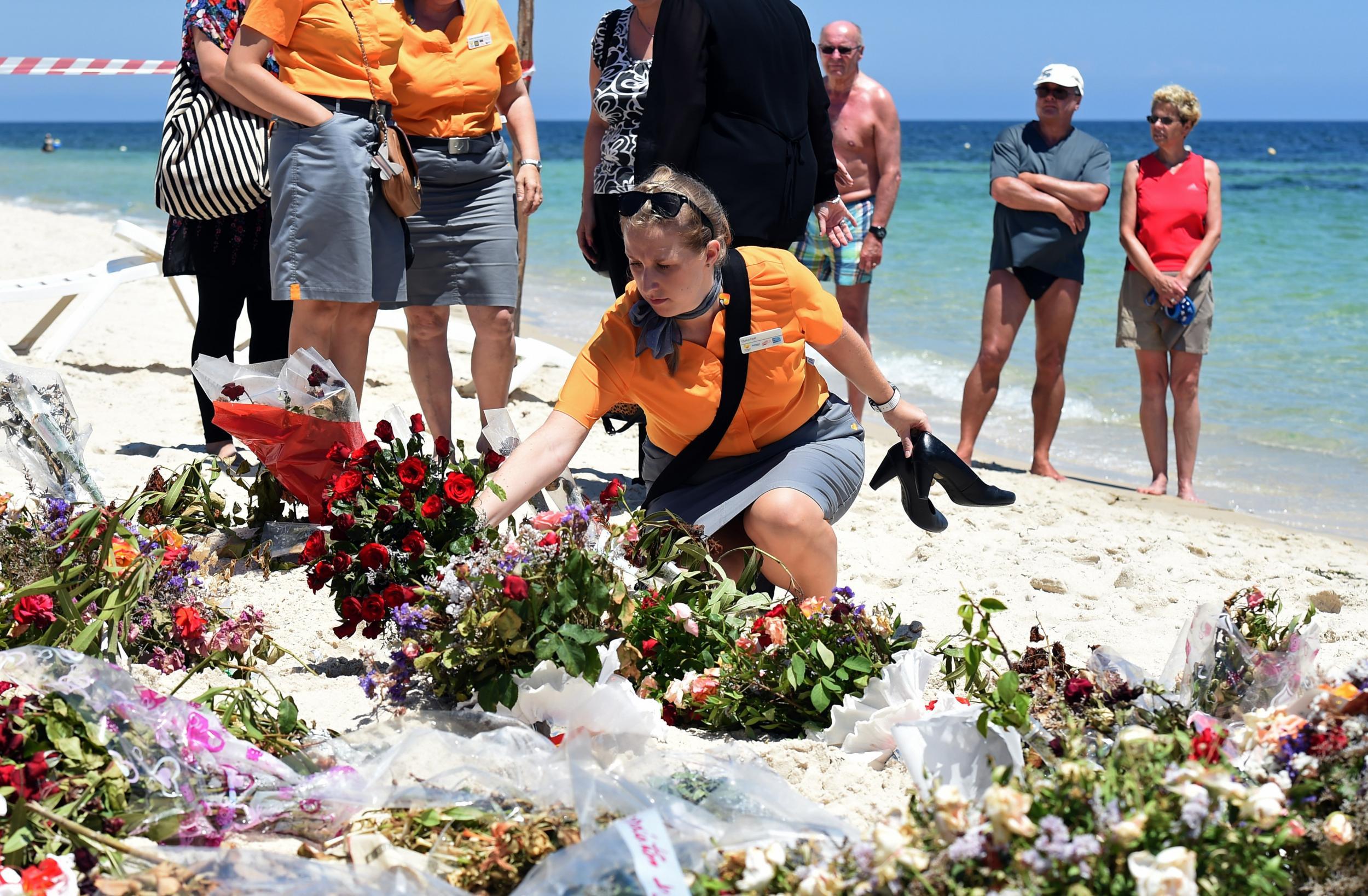Families of Tunisia attack victims to sue Britain's biggest holiday company
Tui continued to take bookings for holidays in Tunisia for its Thomson and First Choice brands, but without prominent reference to the Foreign Office travel advice

On a sunny day in June 2015, on the shores of the Mediterranean, one man took 38 lives. Thirty of the victims of Seifeddine Rezgui were British holidaymakers.
For six weeks, the inquests into their deaths heard accounts of horror and heroism, as well as the lamentable response of the police — described by the coroner as “at best shambolic, at worst cowardly".
Judge Nicholas Loraine-Smith told the bereaved families: “Throughout the proceedings, you have shown a quiet dignity for which your loved ones would have been extremely proud.”
After he had summed up his conclusions, many bereaved relatives gathered at the doors of the Royal Courts of Justice.
Their solicitor, Kylie Hutchison, called for action to prevent any repeat of the massacre: “It is now crucial that the whole travel industry learns from what happened in Sousse to reduce the risk of similar catastrophic incidents in the future.”
Yet the response from Abta, the association representing travel agents and tour operators, was remarkably tentative.
A spokesperson said: “We will carefully review the coroner’s report when it is published at the end of March to see if there are any learnings for the industry.”
The evidence produced during the inquests indicates no shortage of “learnings for the industry” from the killings at the Riu Imperial Marhaba Hotel – particularly about what information needs to be presented to prospective holidaymakers on potential threats, and tour operators’ responsibility for security as well as safety.
Much of the evidence centred on the response to a previous massacre in Tunisia.

Almost two years ago, cruise passengers visiting Tunisia’s leading museum, the Bardo in Tunis, were attacked. Twenty-two people from 10 countries died.
Isis claimed responsibility for the attack, as part of an attempt to destroy the Tunisian economy.
The Foreign Office, which issues travel advice for every country, did not step up its warning – which appears to have been taken by the British travel industry as a signal that it was business as usual.
Tui, the UK’s biggest travel company, provided its travel agents and call-centre staff with a crib sheet with specific responses to questions asked by anxious holidaymakers.
It implied that nothing had changed in relation to Tui’s beach holidays, and stressed that anyone who wanted to amend or cancel their holiday would pay the normal financial penalties.
The response was at odds with what the company had done a year earlier when a small amendment to Foreign Office advice on the Mombasa area triggered the cancellation of the company’s entire programme in Kenya.
Following the Bardo attack in March 2015, Tui continued to take bookings for holidays in Tunisia for its Thomson and First Choice brands, but without prominent reference to the Foreign Office travel advice. Three months later, 30 of its customers were killed at Sousse.
The coroner said: “I recognise that had some customers had seen and read the FCO advice, they may well have not travelled to Tunisia.”
The court also heard about the inadequacies of security at the hotel, despite an action plan to enhance protection issued by the Tunisian authorities after the Bardo attack.
A request by lawyers for many of the victims’ families for a finding of “neglect” was rejected by the coroner on the grounds that, in an inquest, the term has a very narrow definition inappropriate to the Tunisia killings.
But Kylie Hutchison, solicitor for the families, said they would now sue the holiday firm in the civil courts for negligence: “On behalf of our clients who lost members of their family and those who suffered injuries in this terrible incident, we will now be preparing to commence civil proceedings against Tui.”

Tui’s UK managing director, Nick Longman, read a prepared statement outside the court, expressing his “deepest sympathy” for the families.
“We have now heard the Coroner’s findings and his comments regarding the provision of security and visibility of travel advice.
“On that day the world changed. As an industry we have adapted and we will need to continue to do so. This terrorist incident has left its mark on all of us and its impact will always be remembered.”
A Foreign Office spokesperson said: “The Sousse attack was the largest loss of British life to terrorism since 7/7, and devastated the lives of so many.
“Our deepest sympathy remains with all those people caught up in this horrific attack and we hope that the Inquest process has been of some help to the families.”
By July next year, when the EU Package Travel Directive takes effect, holidaymakers will be able to cancel without penalty if a terrorist atrocity of such magnitude were to happen at their intended destination.